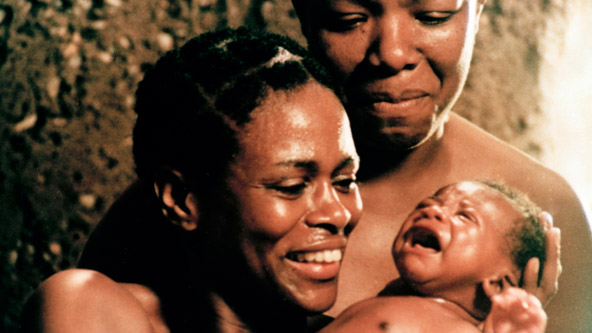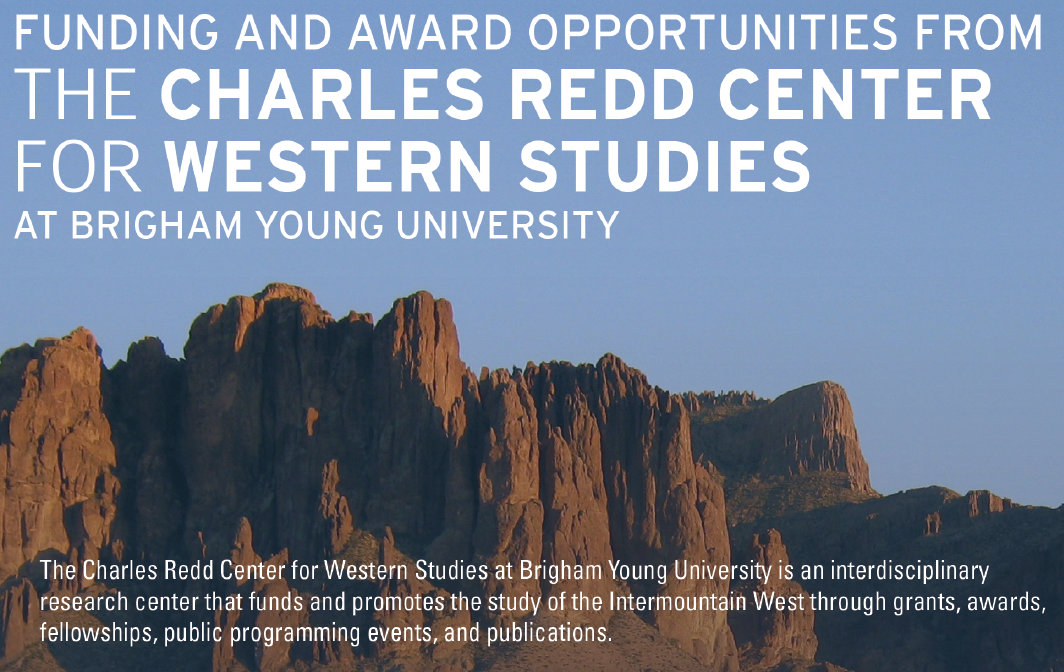Alex Haley, Latter-day Saints, and the Popularization of Family History
By January 29, 2021
Yesterday, acclaimed actress Cicley Tyson passed away at the age of 96. Among the many roles she played in her groundbreaking and lengthy career was that of Binta, Kunta Kinte’s mother, in Alex Haley’s sensational television series, Roots. Coincidentally, the end of January also marks 44 years since Roots premiered on TV in 1977. The sights and sounds of Tyson portraying Binta’s labor and the birth of Kunta form the opening scenes of the series. There is much that has and can be said about Roots and the way that it brought Black family history and depictions of slavery to the forefront of American entertainment in commanding fashion. Indeed, it was the most watched television event to date in America.[1] Scholars have shed light on how the Roots phenomenon created unprecedented interest in family history for African Americans and captured the nation’s attention.[2] But one aspect of this fascinating story that has not been widely studied is Alex Haley’s relationship with the Church of Jesus Christ of Latter-day Saints and how the Church sought to ride the huge momentum for genealogy research created by Roots in its programs and messaging.

Haley’s interaction with Church leaders and his use of the Church’s genealogical resources is significant, especially in light of the Church’s priesthood and temple restrictions to people of Black African descent were still in place. About seven months after Roots premiered, BYU invited Alex Haley to its summer 1977 commencement exercises to award him an honorary doctorate degree in the humanities. On that occasion, Haley praised the Church’s genealogy library and said that if he had known about it before writing his book, he would have booked a flight to Salt Lake City right away, as it was the best in the world. On that trip to Utah, Haley also met with N. Eldon Tanner and Marion G. Romney, two members of the First Presidency of the Church. President Tanner credited Haley with inspiring people to go back even further in their genealogy research: “We’ve been trying for years to get people to go back to the fourth and fifth generations; you come along with one book and they do it.” Haley was apparently pleased to hear that and smiled.[3]

Three years later, the Church held its second World Conference on Records, a genealogy and family history symposium. A family history fervor had swept the United States in part because of the popularity of television series and book and interest had increased since the first conference in 1969.[4] As one of the preeminent speakers, Haley spoke to the Church News in advance of the conference. He was glad to see that his book had inspired families throughout the world to have family reunions and hoped to work with the Church to encourage more families to follow suit. He thought that such reunions could contribute to world peace.[5]
As a religious institution with a sacred prerogative to do family history research, the LDS Church was in step with popular genealogy movements in the twentieth century United States. Partnering with Alex Haley and the high-profile Roots book and TV series was mutually beneficial and represented a unique bridge between the Church and Black family history at time when Black Latter-day Saints could not perform ordinances for their ancestors in temples. This is just a start and the potential to discover more illuminating details in this story remains.
[1] About 100 million people watched the series finale and about 85 percent of American households tuned in. Matthew F. Delmont, Making Roots: A Nation Captivated (Oakland, CA: University of California Press, 2016), 175 and Henry Louis Gates, Jr., Foreword, Reconsidering Roots: Race, Politics, and Memory, ed Erica L. Ball and Kellie Carter Jackson (Athens, GA: University of Georgia Press, 2017), xi.
[2] See, for example, Francesca Morgan, “‘My Furthest-Back Person’: Black Genealogy Before and After Roots,” Reconsidering Roots, 63-80 and Delmont, Making Roots, 153-180.
[3] Gerry Avant, “Faith Kept Him Going, ‘Roots’ Author Says,” Church News, 27 August 1977.
[4] “World Conference on Records,” Church News, 2 August 1969.
[5] Jim Boardman, “Author Encourages Histories, Reunions,” Church News, 9 August 1980.


Recent Comments
Steve Fleming on BH Roberts on Plato: “Interesting, Jack. But just to reiterate, I think JS saw the SUPPRESSION of Platonic ideas as creating the loss of truth and not the addition.…”
Jack on BH Roberts on Plato: “Thanks for your insights--you've really got me thinking. I can't get away from the notion that the formation of the Great and Abominable church was an…”
Steve Fleming on BH Roberts on Plato: “In the intro to DC 76 in JS's 1838 history, JS said, "From sundry revelations which had been received, it was apparent that many important…”
Jack on BH Roberts on Plato: “"I’ve argued that God’s corporality isn’t that clear in the NT, so it seems to me that asserting that claims of God’s immateriality happened AFTER…”
Steve Fleming on Study and Faith, 5:: “The burden of proof is on the claim of there BEING Nephites. From a scholarly point of view, the burden of proof is on the…”
Eric on Study and Faith, 5:: “But that's not what I was saying about the nature of evidence of an unknown civilization. I am talking about linguistics, not ruins. …”